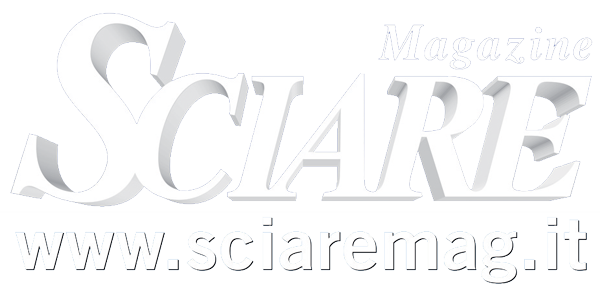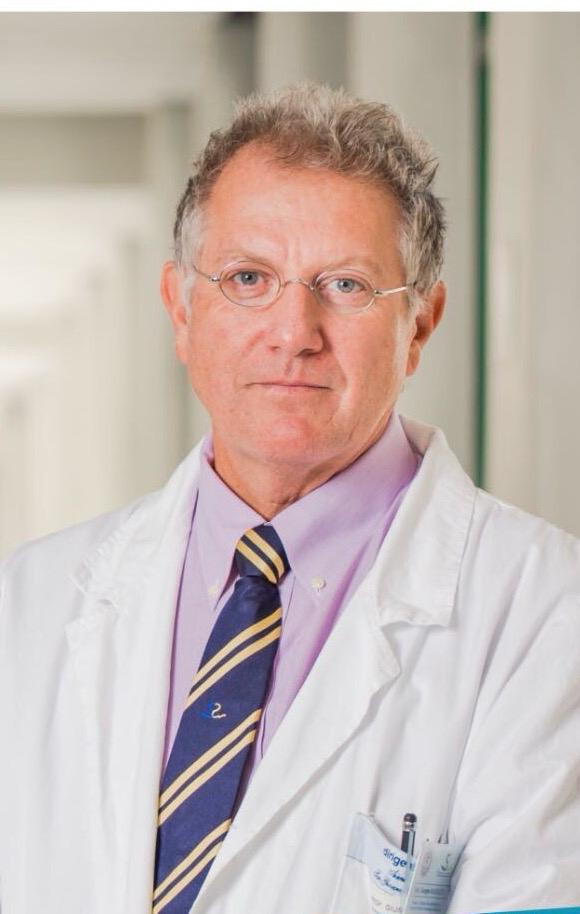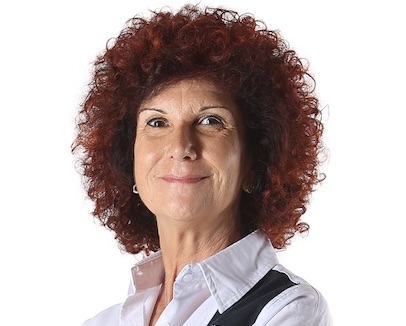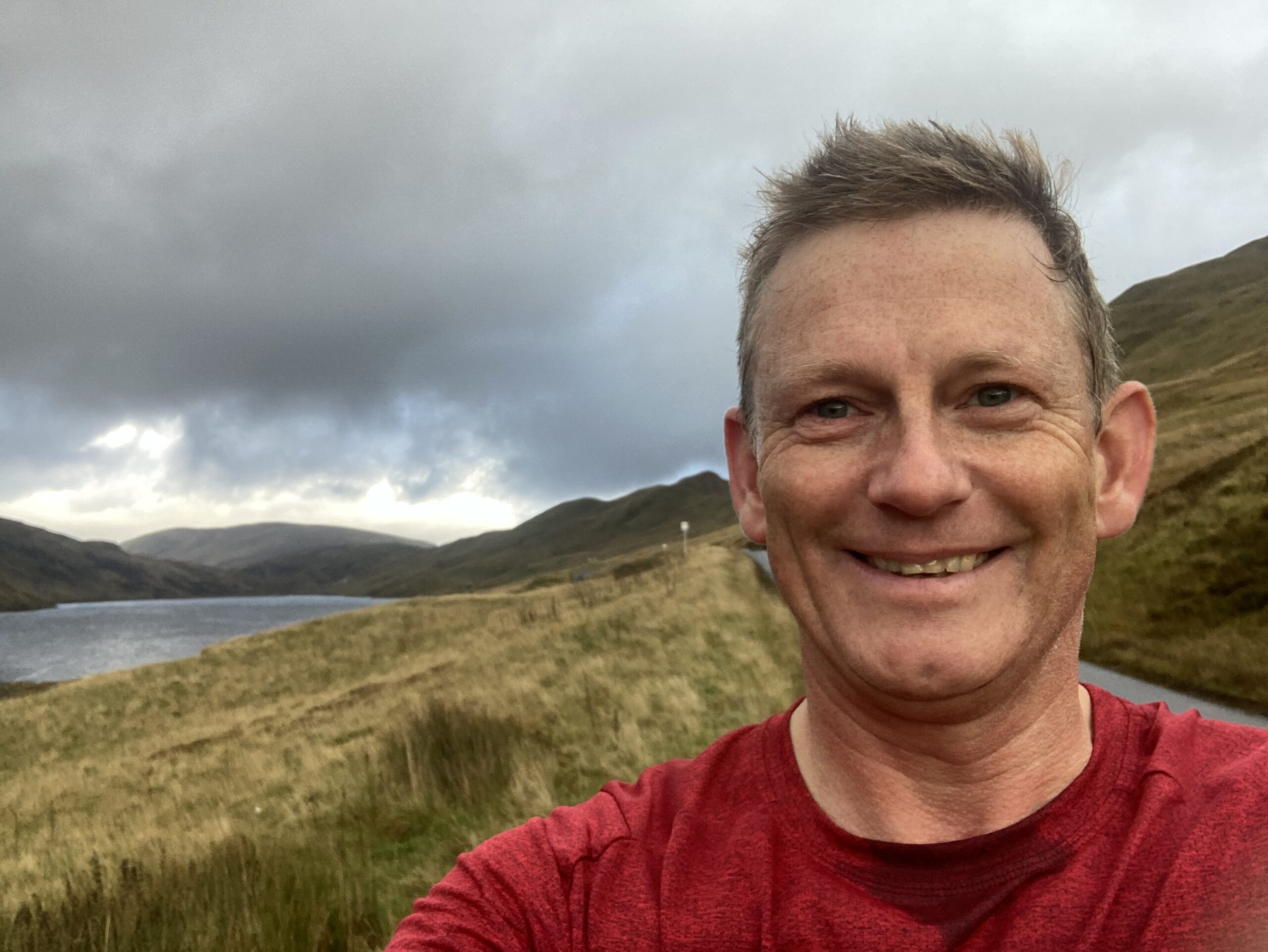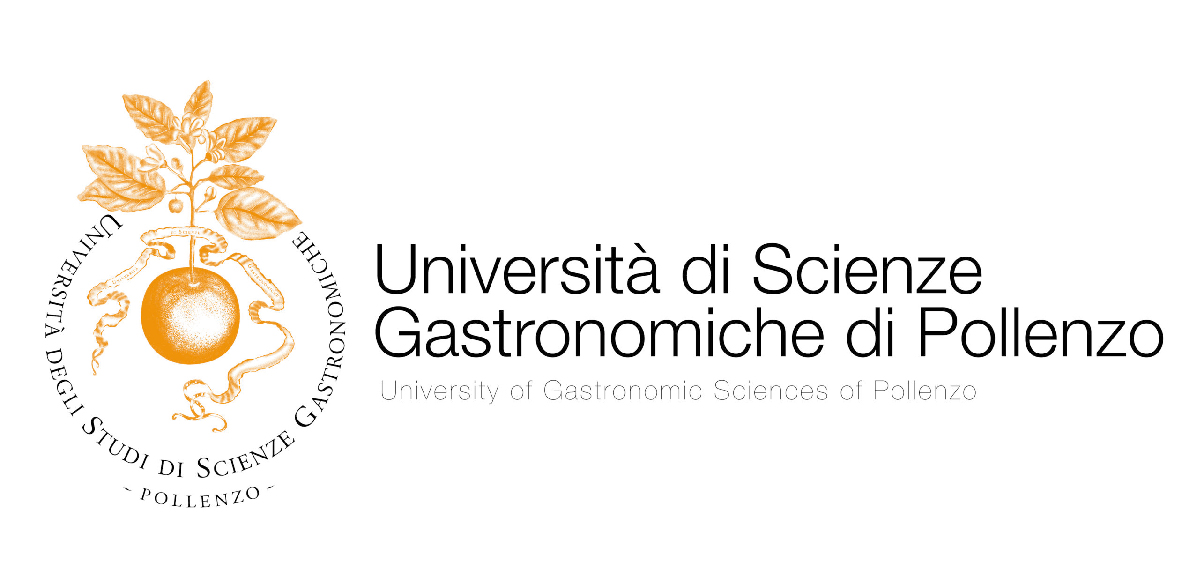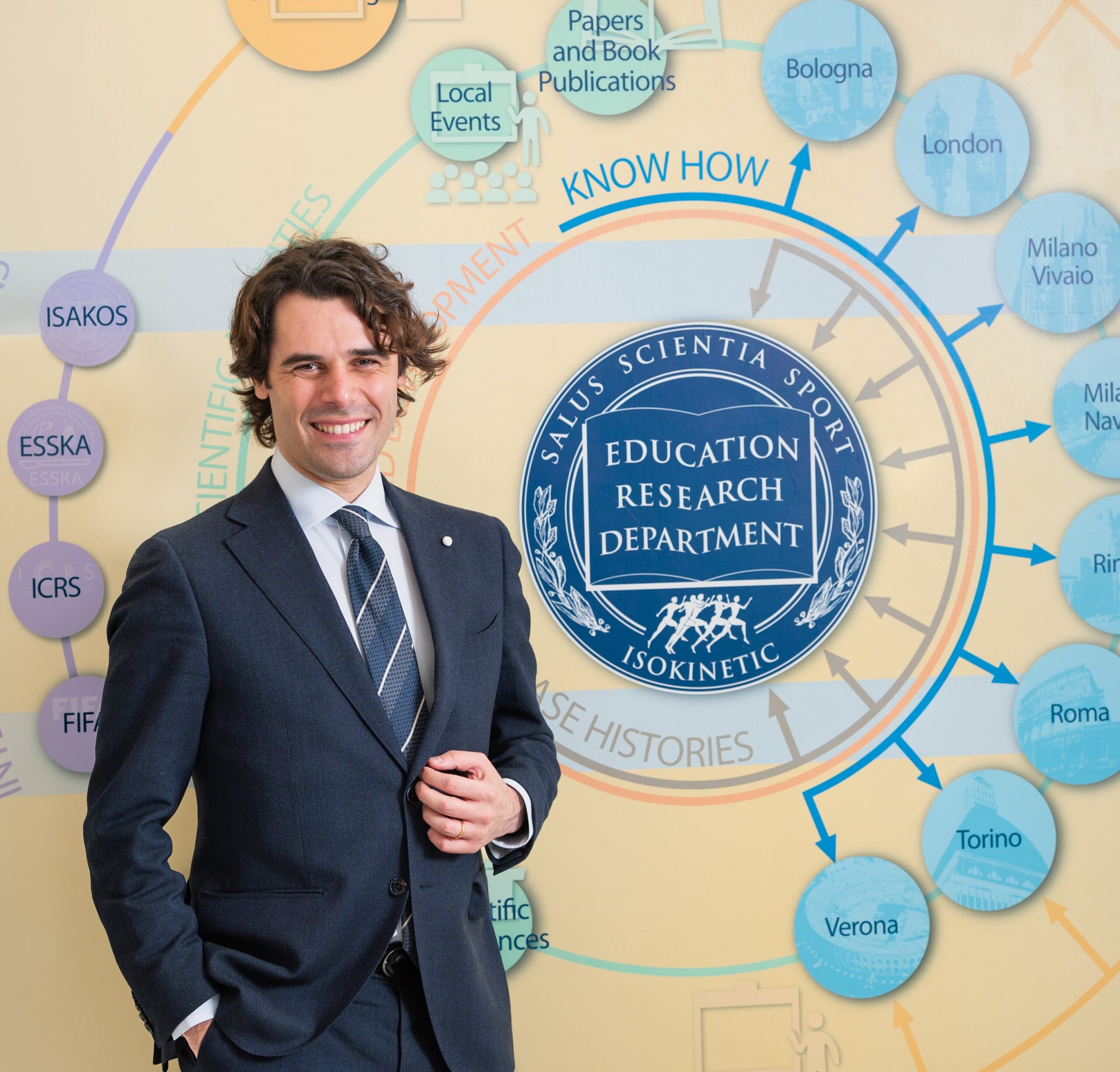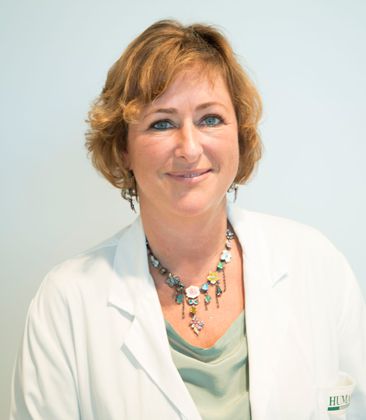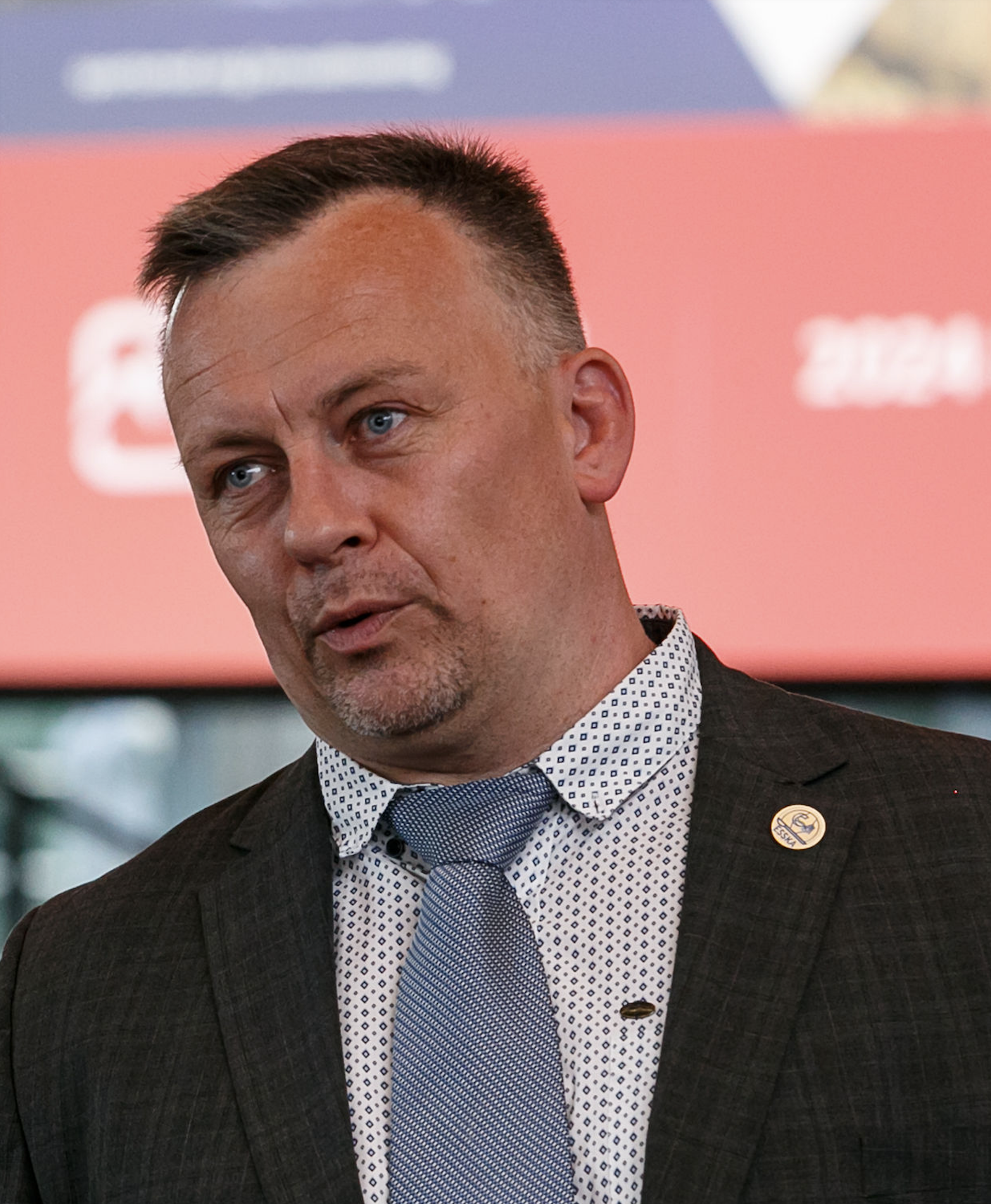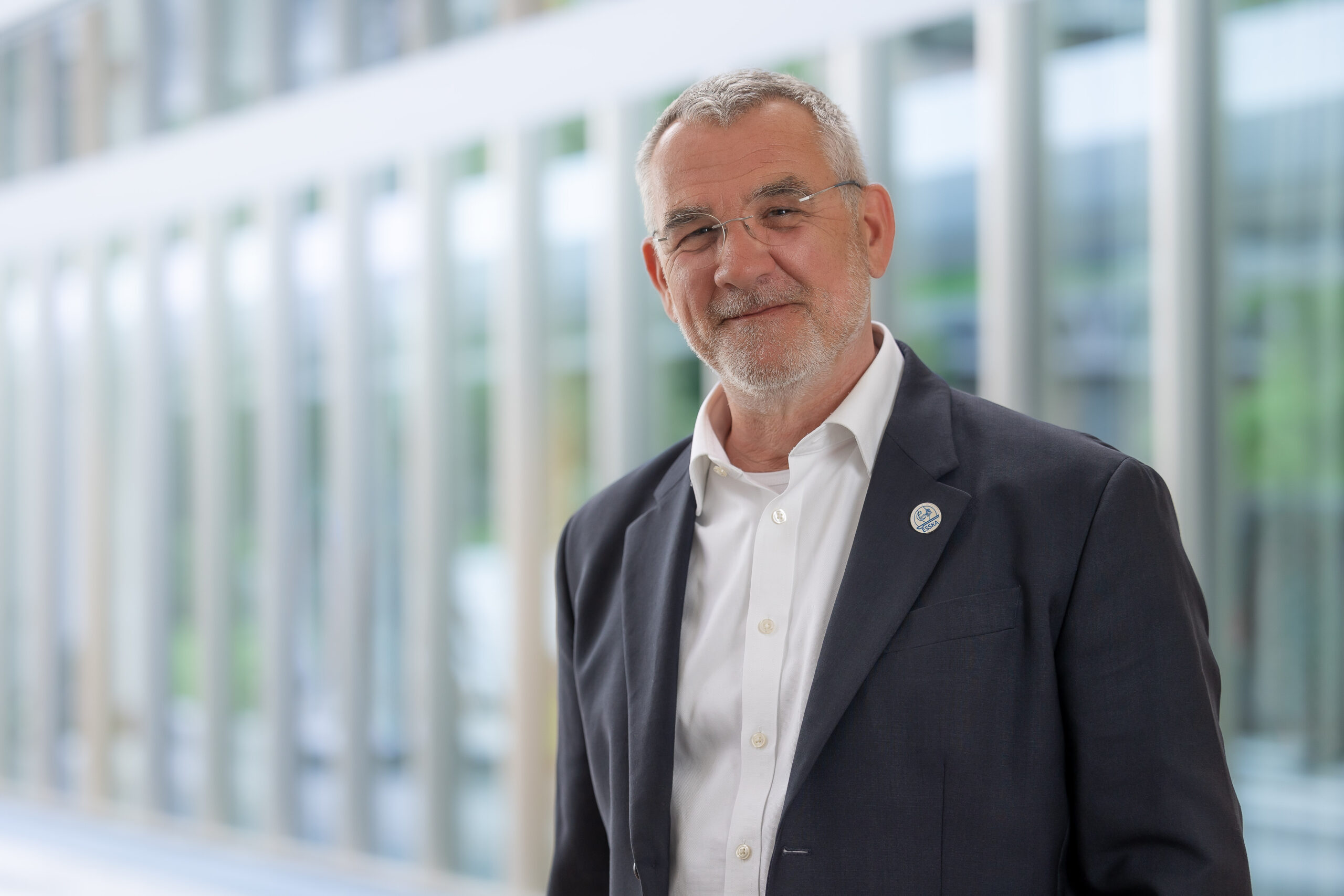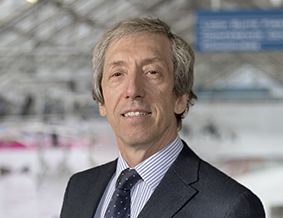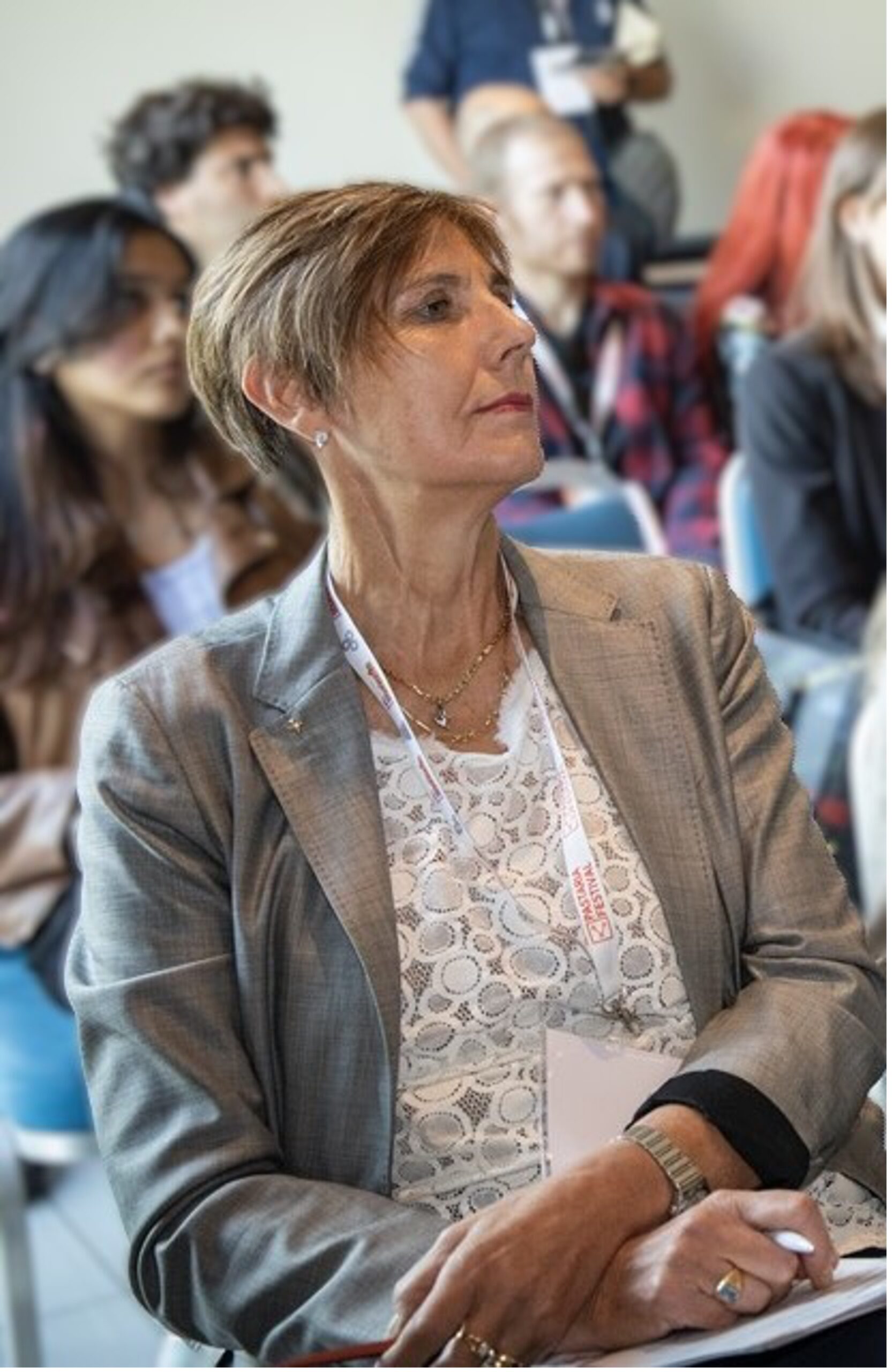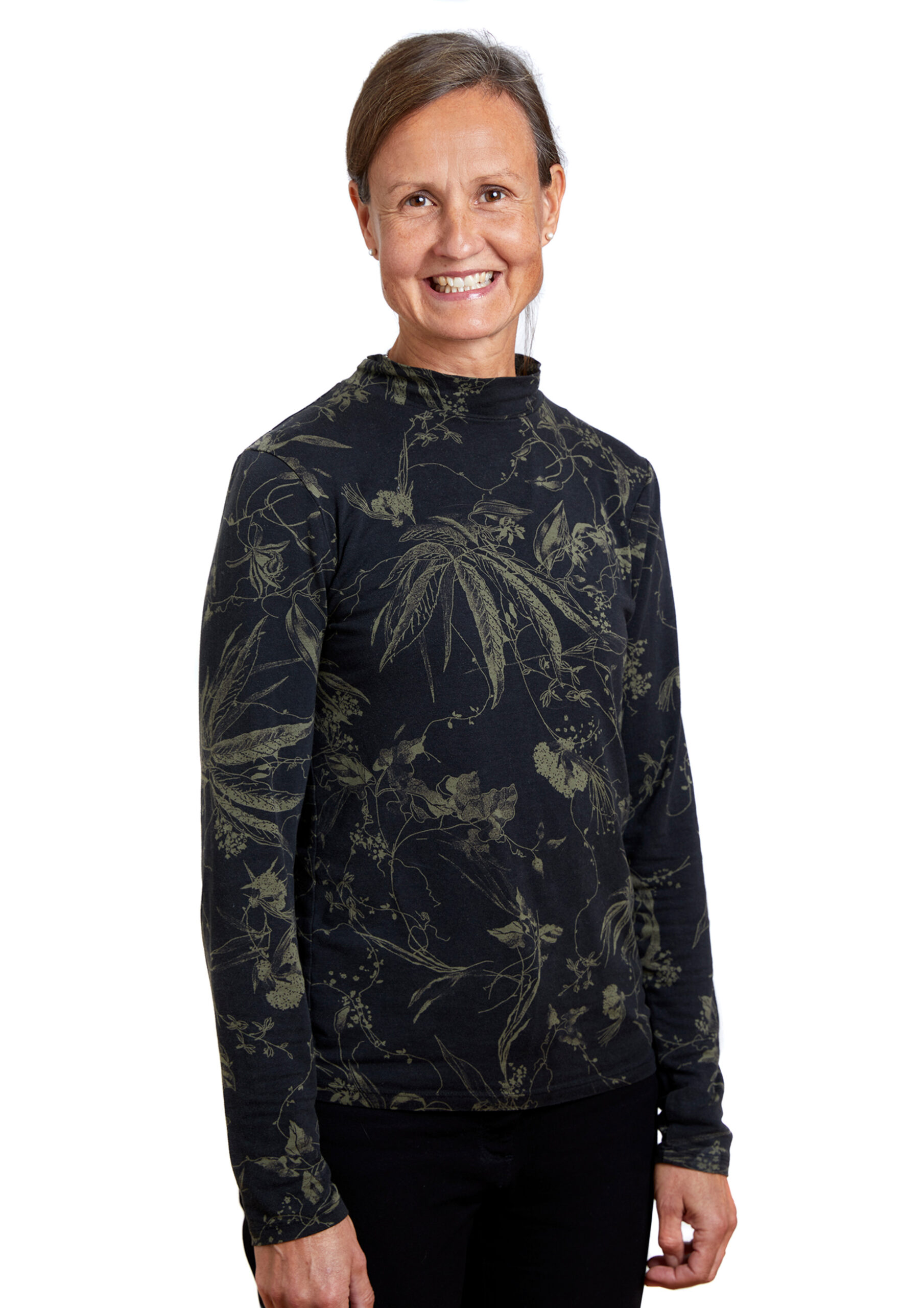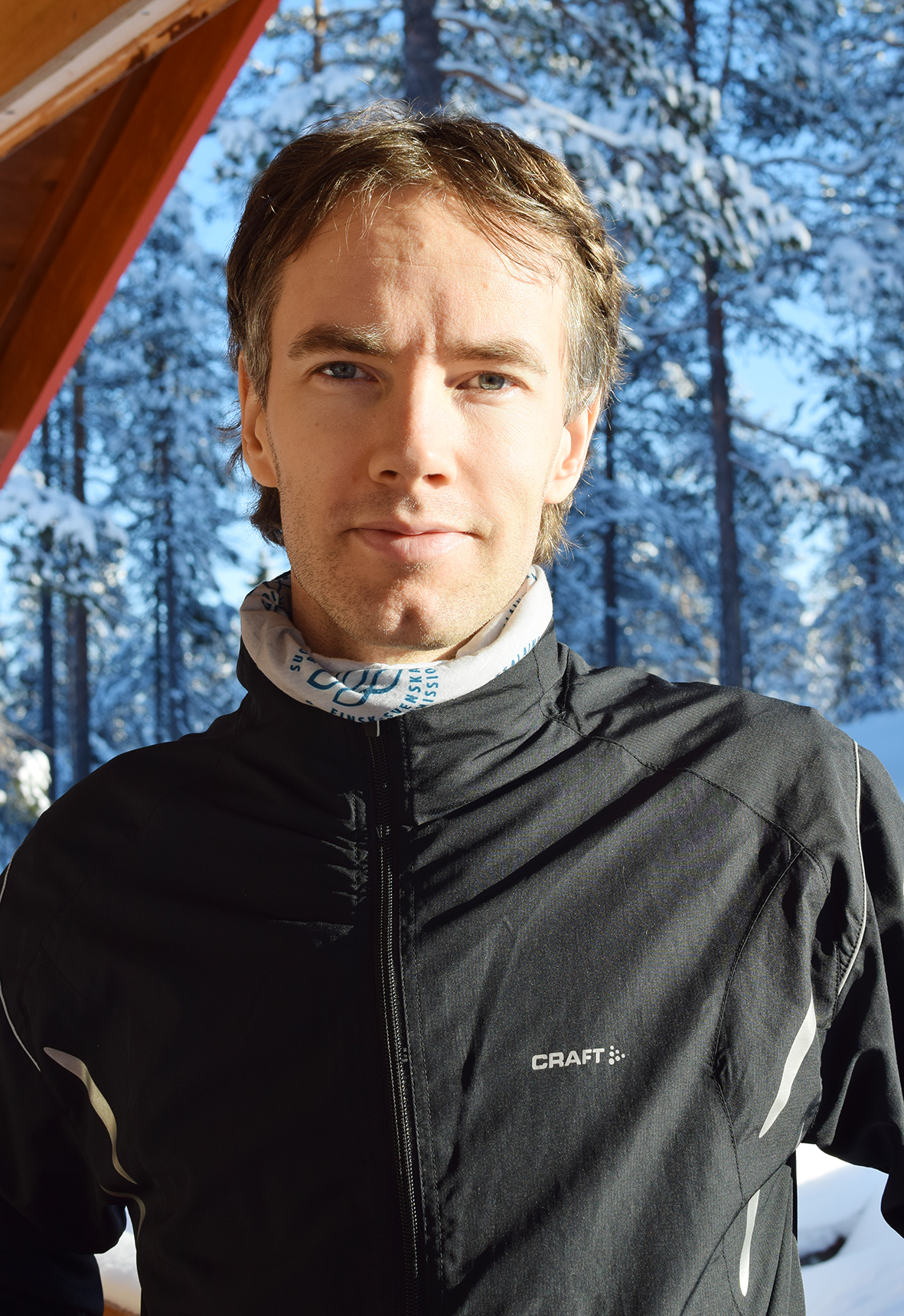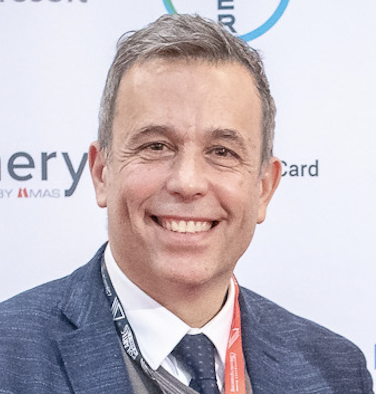First, he won gold with the relay in 1991 in Sapporo at the Universiade, and three years later Olympic gold in Lillehammer: Hugo Herrnhof is one of the many leading figures in Italian short track, and he still remains linked to the sport as an event director.
Short track could be described as the perfect combination of speed and aesthetics, of power and technique. Contending for the medals and sending the entire audience at the Palavela in Torino into a frenzy, will be the athletes from almost 30 countries, in the disciplines of 500 m, 1000 m, 1500 m in the individual, 3000 m (female) and 5000 (male) m in the relay and a mixed relay.
The medals will be awarded on the last three days of the Torino 2025 FISU Games. China, Korea and Japan will be arriving in large numbers: the road to the podiums will certainly pass through them.
